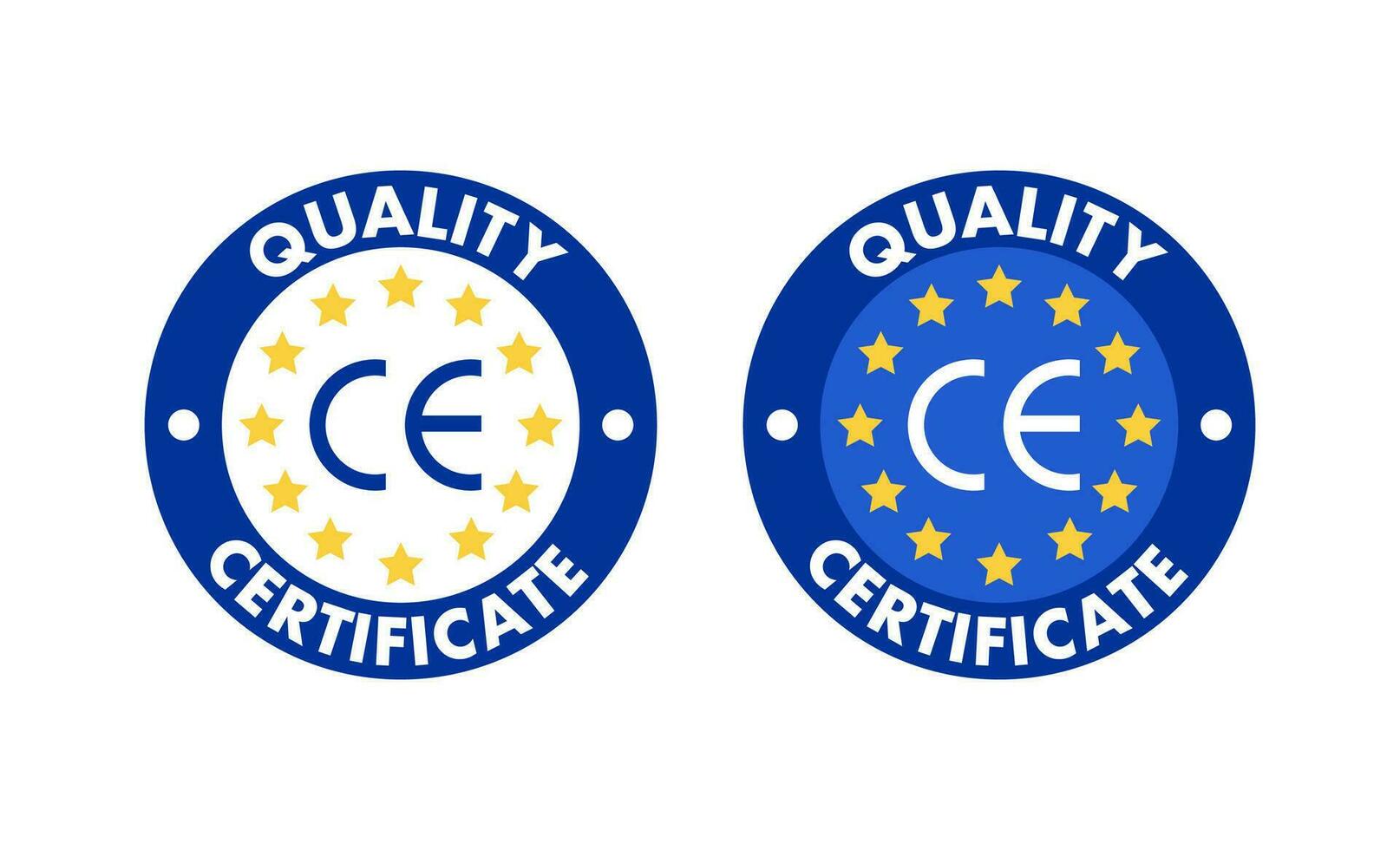What is an Import Export License?
An Import Export License is a legal authorization issued by the government or a regulatory body that grants businesses permission to engage in international trade, i.e., the importation or exportation of goods and services across international borders. This license ensures that the trading activities of a business comply with local and international trade laws, regulations, and standards, helping to maintain control over the movement of goods, safeguard national interests, and protect consumers.
The process and requirements for obtaining an import export license may vary depending on the country, but in many nations, such as India, the Directorate General of Foreign Trade (DGFT) issues this license.
- Types of Import Export Licenses
General Importer Exporter Code (IEC):
The most common license, required by businesses in India and other countries to legally engage in international trade. The IEC code is a unique identifier issued by the government and is necessary for both importers and exporters.
Special Import Export Licenses:
These are licenses granted for specific types of goods, such as restricted or controlled items like defense equipment, chemicals, and high-value commodities, requiring additional documentation and compliance.
Advance Authorization:
This type of license allows businesses to import raw materials and components for the production of goods that will later be exported, under a duty-free scheme.
Export Promotion Capital Goods (EPCG) License:
This license is issued to encourage the importation of capital goods (equipment and machinery) for the purpose of enhancing export capacity.
- Uses of Import Export License
Facilitating International Trade:
The primary use of an import export license is to facilitate the legal and smooth movement of goods between countries, ensuring that international trade activities are carried out in accordance with national and international laws.
Ensuring Compliance with Regulations:
Import export licenses help ensure that businesses comply with the various trade regulations and customs requirements of both the importing and exporting countries.
Ensuring Product Safety and Quality Standards:
By obtaining the necessary licenses, businesses demonstrate their commitment to adhering to safety, quality, and environmental standards in their goods and services.
Access to Export Incentives and Schemes:
Certain import export licenses allow businesses to avail of government incentives and schemes designed to promote exports, such as duty exemptions, subsidies, and tax benefits.
Market Expansion:
Having an import export license allows businesses to expand their market reach globally, opening up new opportunities for trade and growth in international markets.
- Benefits of Import Export License
✅ Legality and Compliance:
An import export license ensures that businesses are operating within the legal framework of their country, avoiding penalties, fines, and trade disruptions.
✅ Access to Global Markets:
With an import export license, businesses can legally access and participate in global markets, allowing them to trade freely and expand their customer base internationally.
✅ Customs Benefits:
Having the necessary licenses facilitates smoother customs clearance for both imports and exports, reducing delays and the chances of goods being held up at customs checkpoints.
✅ Financial Incentives:
Many countries offer financial benefits and incentives for businesses with valid import export licenses, including tax exemptions, reduced duties, and export subsidies.
✅ Credibility with Partners:
Obtaining an import export license enhances the credibility of your business in the global market, signaling to international partners that you meet the necessary legal and regulatory requirements.
✅ Better Trade Terms:
Licensed businesses may have access to favorable trade terms, including credit facilities, longer payment terms, and preferential treatment in certain trade agreements.
✅ Protection Against Fraud:
An import export license helps safeguard against fraudulent transactions by ensuring that businesses involved in international trade are verified and authorized by the government.
- How to Obtain an Import Export License
Eligibility Check:
Ensure that your business meets the eligibility criteria set by the relevant government authority. This typically includes having a registered business entity (e.g., a company or partnership), and in some cases, a GST registration and PAN number.
Apply for the License:
Depending on your country, you will need to submit an application to the relevant authority. In India, for example, the application for an IEC code is submitted to the Directorate General of Foreign Trade (DGFT).
Document Submission:
Submit the required documents, which may include business registration proof, identity proof, address proof, bank details, and in some cases, a letter from the bank confirming your business’s financial standing.
Payment of Fees:
Pay any applicable fees associated with the application process. These fees can vary based on the type of license being sought.
Verification and Approval:
The regulatory body will review your application and supporting documents. Upon approval, the import export license will be granted, which typically includes an IEC code or another specific license depending on the type of business activity.
- Conclusion
An Import Export License is a crucial requirement for businesses that wish to engage in international trade. It ensures legal compliance, provides access to global markets, and offers numerous benefits such as customs facilitation and government incentives. Whether you’re a small business looking to expand internationally or a large corporation aiming to streamline your global operations, obtaining the appropriate import export license is essential for smooth and successful international trade.
By adhering to the necessary procedures and obtaining the appropriate licenses, businesses can ensure compliance, reduce risks, and unlock opportunities for growth in the global marketplace.


